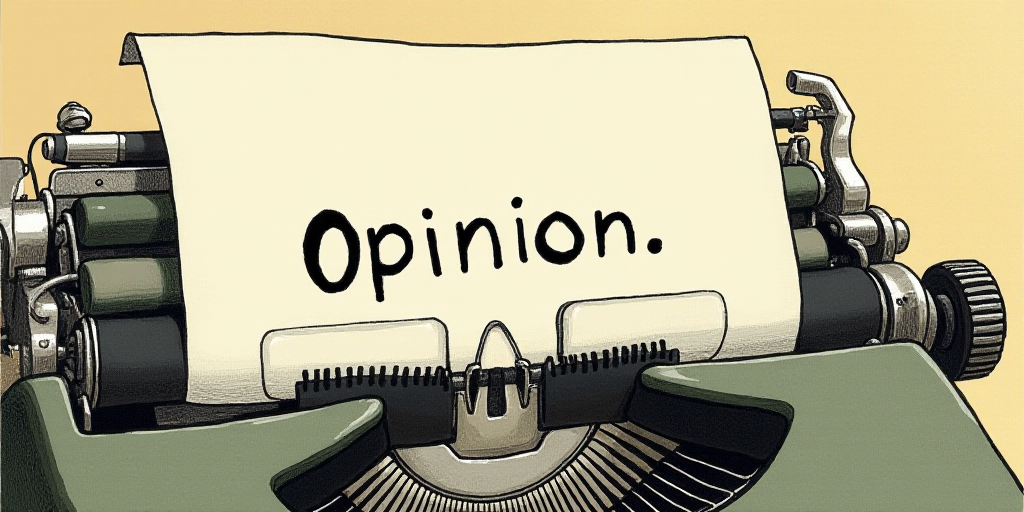Introduction
Words shape our reality, legitimize or limit power. The term “national security” does not originate from Mexico’s constitutional legislation or doctrines. It was adopted from its northern neighbor due to their “war” against drug trafficking and political left organizations in Latin America.
Historical Context
Throughout history, various atrocities have been justified under the guise of legitimate causes. During the Middle Ages, crusades were used to persecute those with differing religious beliefs. In the era of absolutism, republicans or liberals were condemned, and those advocating for enlightenment ideas were seen as threats to state security.
Similarly, the Nazi regime used the concept of national security to justify horrific acts during the Holocaust. In the Russian Revolution, accusations of being enemies of the revolution led to the persecution and execution of thousands under the guise of state security.
Until recently, the threat of communism was used to justify state actions against those perceived as communists, often disregarding essential procedural safeguards that emerged after the French Revolution in 1789.
Evolution of National Security
Historically, actions taken by a nation’s “security” agencies were confined to foreign territories, respecting constitutional guarantees within their own borders. However, following a domestic attack exploiting intelligence failures, the U.S. introduced counterterrorism legislation attempting to legitimize constitutional rights’ violation in the name of national security.
Current Mexican Proposal
Currently, a legal reform is being proposed in Mexico’s Congress (dominated by the ruling coalition, with an overrepresentation of more than 2/3 of its members, despite not securing a majority vote) to grant the Secretariat of National Defense operational control over both national and public security.
This raises essential questions about distinguishing between national security and public safety matters, as both will be managed by the same Secretariat of National Defense.
Crossing Democratic Boundaries
It is common for regimes to cross the boundaries of a democratic rule-of-law state by labeling any situation as a potential risk escalating to a national security threat.
Judges traditionally served as a check against such abuses and established jurisdictional controls in constitutional democracies, not just majoritarian ones, but also in terms of the substance of rights that lend legitimacy to a state.
Going forward, who will set the boundaries between perceived national security and public safety?
Key Questions and Answers
- What is the origin of the term “national security” in Mexico? It was adopted from its northern neighbor due to their “war” against drug trafficking and political left organizations in Latin America.
- How have historical regimes used the concept of national security? Various atrocities have been justified throughout history under the guise of legitimate causes, such as crusades, persecutions during absolutism, and Nazi regime actions.
- What changes have occurred in the U.S. regarding national security? Following a domestic attack, counterterrorism legislation was introduced, attempting to legitimize constitutional rights’ violation in the name of national security.
- What is the proposed reform in Mexico concerning national and public security? The ruling coalition proposes granting the Secretariat of National Defense operational control over both national and public security.
- Why are there concerns about this proposed reform? Critics argue that it crosses democratic boundaries by blurring the lines between national security and public safety, potentially disregarding essential jurisdictional controls.






